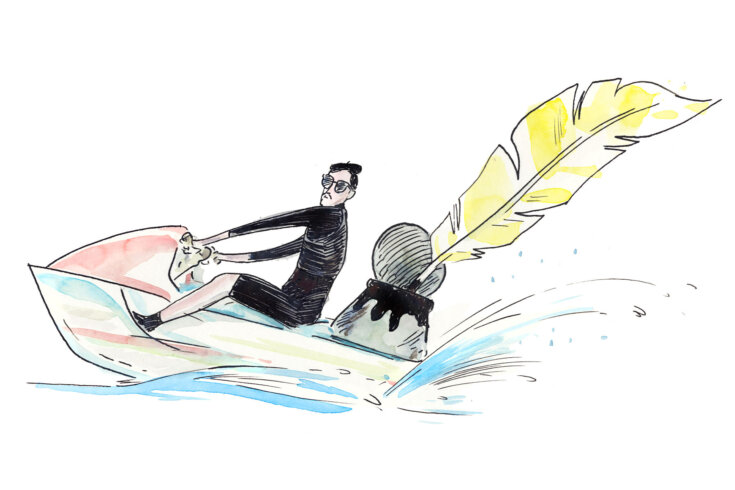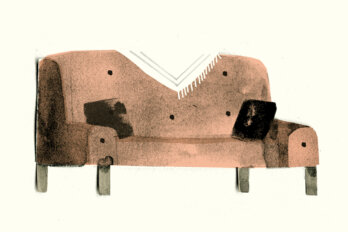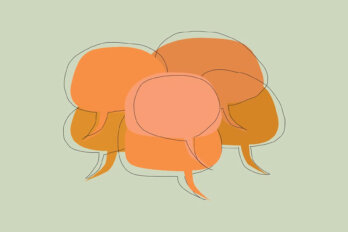Publishing fiction and poetry has long been part of our formula. A general interest magazine, we believe, should be more than a home for journalism. It should cultivate good writing in every incarnation. This commitment also reflects the idea that nonfiction exists on the same spectrum as sonnets and short stories—that they are all part of what Gay Talese called the “literature of reality.” It shapes our editing too. We don’t worry only about facts; we mind the language they are dressed in. If you’ve written for us, you know how we fuss over your sentences until they sit just right. I have often thought magazine writers practise a secret prosody, marrying a specific turn of phrase to a specific turn of mind.
The Walrus comes to the question of literary arts from a unique vantage. Staff and writers tend to dabble in other genres. We have an editor who has just placed a very fine short story in a literary magazine. One of our political reporters is trying to finish another novel. And then there’s me. For decades, I have had a side gig as a poet. (A few months after I was hired here, a colleague introduced me to a board member thus: “Carmine’s come a long way. When he first started, he spoke only in iambic pentameter.”) That versatility bestows a sense of the elasticity of form but also a recognition that clarity is king. Pursuing accessibility at our day jobs helps us appreciate what readers can grasp in the experimental things we steal time to write.
When I began editing poetry for The Walrus in 2016, it was with the understanding that, unlike journals that cater specifically to the verse community (a coterie composed largely of academics and creative writing teachers and students), we are one of the few Canadian publications that connect poems to the general reader. Poets are now the primary consumers of what they produce. And as they have consolidated the art around their own needs, its cultural significance has plummeted. Keeping the art alive for that wider audience became a priority for me. It meant finding poems that could appear alongside some of the country’s best investigative reporting, memoirs, and essays. I try hard to find work that can defeat the doubts and preconceptions keeping otherwise well-read adults from giving poetry a chance. I hope what I’ve selected for this issue shows how poems can be accessible without giving up an inch of craft, musicality, or ambition.
Summer Reading is an annual issue where our love of words is indulged. We spend months planning the lineup, salting away the most melodic, surprising, and revelatory poetry and fiction we can find. Then we hand those words to an illustrator. There is no Walrus school of writing. We don’t have a house aesthetic. Pleasure is the only organizing principle. In that sense, this issue may be our most Walrussy act of the year.





